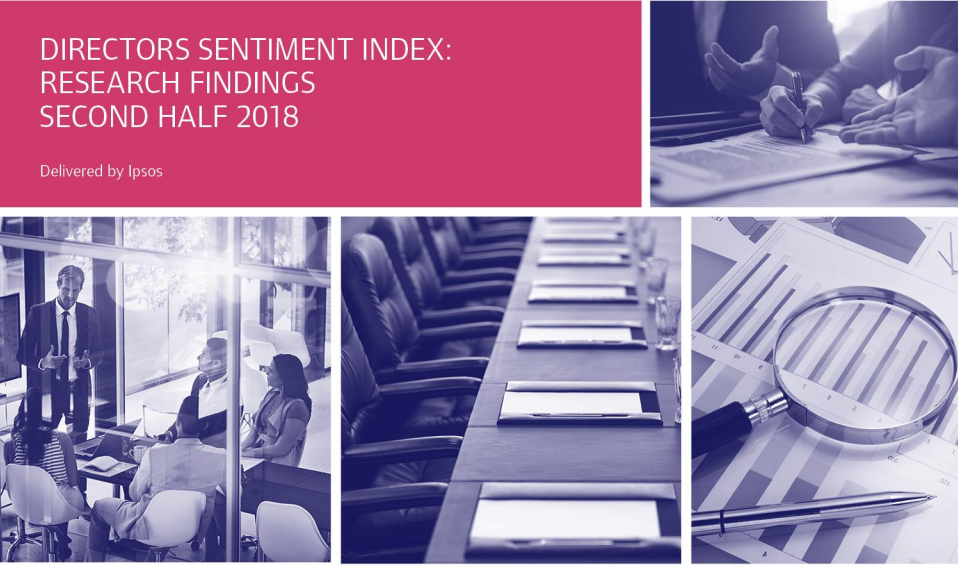IPCC
Summary for Policymakers of IPCC Special Report on Global Warming of 1.5°C approved by governments.
The report highlights a number of climate change impacts that could be avoided by limiting global warming to 1.5°C compared to 2°C, or more. For instance, by 2100, global sea level rise would be 10 cm lower with global warming of 1.5°C compared with 2°C. The likelihood of an Arctic Ocean free of sea ice in summer would be once per century with global warming of 1.5°C, compared with at least once per decade with 2°C. Coral reefs would decline by 70-90 percent with global warming of 1.5°C, whereas virtually all (> 99 percent) would be lost with 2°C.
Associated Press
UN report on global warming carries life-or-death warning.
“Preventing an extra single degree of heat could make a life-or-death difference in the next few decades for multitudes of people and ecosystems on this fast-warming planet, an international panel of scientists reported Sunday. But they provide little hope the world will rise to the challenge.”
The Guardian
Huge risk if global warming exceeds 1.5C, warns landmark UN report.
“The world’s leading climate scientists have warned there is only a dozen years for global warming to be kept to a maximum of 1.5°C, beyond which even half a degree will significantly worsen the risks of drought, floods, extreme heat and poverty for hundreds of millions of people.”
The Washington Post.
The world has just over a decade to get climate change under control, U.N. scientists say.
“There is no documented historic precedent” for the sweeping changes required to hold the planet’s warming to just 1.5 degrees Celsius (2.7 degrees Fahrenheit), the U.N. Intergovernmental Panel on Climate Change found.”
NY Times
Major Climate Report Describes a Strong Risk of Crisis as Early as 2040.
“A landmark report from the United Nations’ scientific panel on climate change paints a far more dire picture of the immediate consequences of climate change than previously thought and says that avoiding the damage requires transforming the world economy at a speed and scale that has “no documented historic precedent.”














